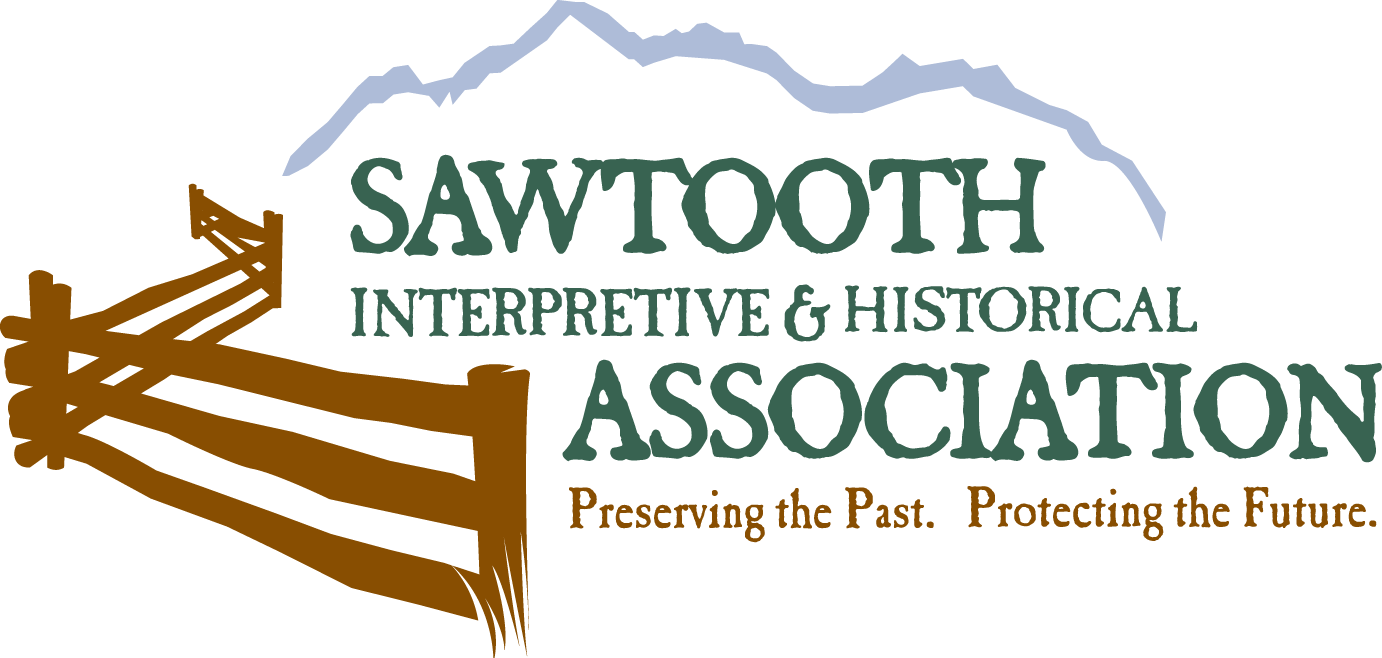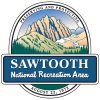ORAL HISTORIES
As the keeper and teller of stories of the Sawtooth Salmon River Country, SIHA maintains an archive of oral histories and continues to acquire more. These interviews teach us about the colorful and influential individuals who shaped our community and the landscape. There are vivid characters who tell about the old Ace of Diamonds Dance Hall, the first sheriff in Stanley, and life with the U.S. Forest Service when the Sawtooth National Recreation Area was first established.
If you have knowledge of the Sawtooth-Salmon River Country in the early days or know of someone who does, please contact us at 208-774-3517 (summer only), or send us a message.
SIHA is continually working to collect oral histories as well as transcribe and share them electronically. At present they are only available upon request.
If you are interested in volunteering to help transcribe the collection and help to make them available online please reach out!

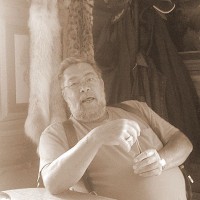
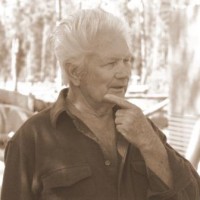
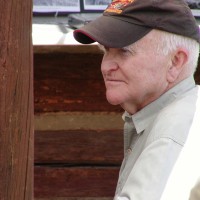
This list is not exhaustive but illustrates the breadth of the Sawtooth Association’s archive. Please reach out if you are interested in a specific person.
- Shirley Linford Athay – (audio and written transcript)
- Jim Bennetts – interviewed by SIHA, 2008
- Iris Boyd – interviewed by SIHA, 2006
- Sandy Brooks – interviewed by Forest Service staff, 1974
- Howard Brown – interviewed by SIHA, 2008
- Tom and Aileen Chivers – interviewed by SIHA, 2008 (video and written transcript) interviewed by the Community Library Association, Ketchum ID, 1983; on ranching in the Stanley Basin
- Stella Critchfield – interviewed by Forest Service staff, 1974
- Bob Cole – interviewed by SIHA, 2008
- Dean Cronmiller – audio interview by SIHA 2009
- Alta Ellis – interviewed by Forest Service staff, 1974
- Virginia Finkelnburg – interviewed by SIHA, 2008; on life in the Sawtooths as a wife and mother
- Mattie Hansen – interviewed by Sawtooth Mountain Mamas, 1990
- Mel Jensen audio interview SIHA 2009 early Redfish Lake Lodge owner
- Swan and Mary Jering – interviewed by Sawtooth Mountain Historical Program, 2002
- Tom Kovalicky – SIHA, Sawtooth Forum and Lecture Series presentation, 2008
– Interviewed by SIHA, 2008; on his time in Stanley as a Forest Service Ranger - Don Lanier – interviewed by SIHA, 2009 (video)
- Lanier family members – interviewed by SIHA, 2009
- Gordon Larson – interviewed by SIHA, 2008
- Jack Lavin – interviewed by SIHA, 2009
- Joe Leonard – interviewed by SIHA, 2008; on his time in Stanley as a mountaineer and backcountry guide
- Edna McGown – interviewed by Forest Service staff, 1974
– interviewed by Sawtooth Mountain Mamas, 1998
– (written transcript only) interviewed by Community Library Association, Ketchum, ID, 1983; on family history and life in the Sawtooths
– reception at Stanley Museum, 1993 - Kelly and Elberta McKean – interviewed by Sawtooth Mountain Centennial Project, 1995
- Sadie Merritt – interviewed by Forest Service Staff, 1974
- Merritt Family – interviewed by Sawtooth Mountain Mamas, 1974
- Jack Seagraves – interviewed by Forest Service staff, 1974
- Shaw family members – interviewed by Sawtooth Mountain Mamas, 1995
- Judy Smith – interviewed by SIHA, 2009
- Bill Sullivan – interviewed by Sawtooth Mountain Mamas, 1974 and 1988
- Marie Sullivan (Williams) – interviewed by Sawtooth Mountain Mamas, 1988
- Dick Waite – interviewed by SIHA, 2008
- Margurite Wells, Illene Wells-Burr and Iris Burr – interviewed by SIHA, 2006
- Carrie Williams – interviewed by Forest Service staff, 1974
- Morgan and Tiny Williams – interviewed by Forest Service staff, 1974
– interviewed by Sawtooth Mountain Mamas, 1988 - Ted Williams – interviewed by Forest Service staff, 1974
- Dan Wooley – interviewed by Forest Service staff, 1974
Oral recollections of Donald E. Burlingame moving to Stanley, Idaho in July 1931. Transcribed by his son, Lynn Burlingame.
We left Horseshoe Bend and moved to the town of Stanley in Stanley Basin, Idaho. We lived in a log house with a board floor, which was really first class. Dad was running shovel there and I did a whole bunch of fishing in the Salmon River.

I think that Dad was working for Morrison Knudson in those days. We arrived on the Fourth of July, and camped down the river two or three miles below the town, and I remember that it froze the water bucket that night.

That was the summer before I went into the seventh grade. Since we were near the river, I was excited about fishing. I had some grey hackle flies with a peacock body and an old telescopic steel rod. I went down to the Salmon River and the first crack out of the box I caught a trout about fifteen inches long. I still have a picture of me holding that trout out in front of the tent.
There were a couple of pet cub bears that somebody had caught and kept on a chain. We used to take them down to the river and let them go swimming. We used to take a pole with a copper wire noose and snare suckers out of the river for the bears. They had a one room club house, and they would show movies every Saturday night. Those cub bears would come in there during the movie and would go along under the benches and get all of the chewing gum off the bottoms of the seats.
There was a creek there called Joe’s Creek that there had been quite a gold strike on in previous years, and we went up there and used old frying pans to pan gold. We found quite a little bit of gold, big enough to pick up on a knife blade or a pair of tweezers. I don’t know what happened to the gold my brother had, the last I saw he still had it. Mine, I took to school when we were living in Las Vegas, in a little vial and showed it to the class. After I showed it I stuck it in my desk, and of course, someone stole it.
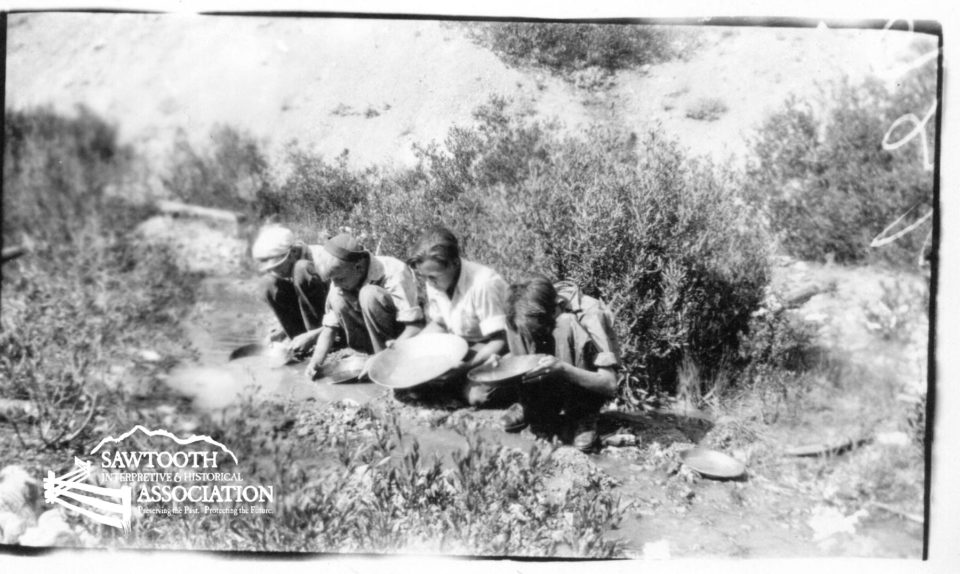
My father had a model 1897, 12 gauge Winchester shotgun, and there were a lot of ducks in the creeks. An old guy told me “Hey, why don’t you go up and shoot some of them ducks. Duck season just opened”, so I took the Winchester and went up this creek, and sure enough, there they were, a whole bunch of mallards. I really bombed a bunch of them, and tied them on the gun barrel, and boy, I was proud. I came right down the middle of the street through town, course it wasn’t a very big town, and took those ducks home. When I got home, I found out that the duck season didn’t open for about three or four months. Mom figured out what to do with them. As a matter of fact, my granddad showed up with uncle Paul and my step-grandmother about that time, and we all had a big feed.
About that same time a carnival came in there. My brother Bill and I and uncle Paul, who was about nineteen years old at the time, went down to the carnival. There was a guy there who had set up a sort of a bowling pin on a board and he had a ball tied on a string. If you pushed the ball it would swing and knock down this pin. You could wager on whether or not you could knock the pin down. Paul lost about twenty bucks on this thing in fifteen or twenty minutes. Twenty bucks in those days was a hell of a lot of money.
My brother and I and a couple of other kids went way back up into the Sawtooth Mountains, and found where a great big rock had fallen off this cliff and gouged a great big hole in the ground. This hole was full of water, and was maybe 150 feet across. The water was very clear, cold, and full of trout that were eighteen or twenty inches long. We caught a bunch of them, and wrapped them up in our blankets and took them back to Stanley. By the time we got back they were all rotted, so we gave them to the cub bears. I often think that I would like to go back and find that big hole in the ground.
Stanley Basin is so high up and the winters are so severe that most people only stay there for the summer. There was only a small colony of people that wintered there. There was no school there, so we had to leave before winter.
The winter really came in hard and the job shut down, so came time for school to start so we went over Galena Summit and we went into Hailey and rented a little house and I went to school there in Hailey for a while. Later that year we moved over to Boise and rented three or four rooms in a great big old house that had a witch living there, and she told fortunes for a living. People used to come in and she would read their palm. It was colder than hell. I went to school there two or three months, I guess, and then Dad decided we had to leave because coal was thirteen bucks a ton, and it took a ton every couple of months to keep the house warm.
